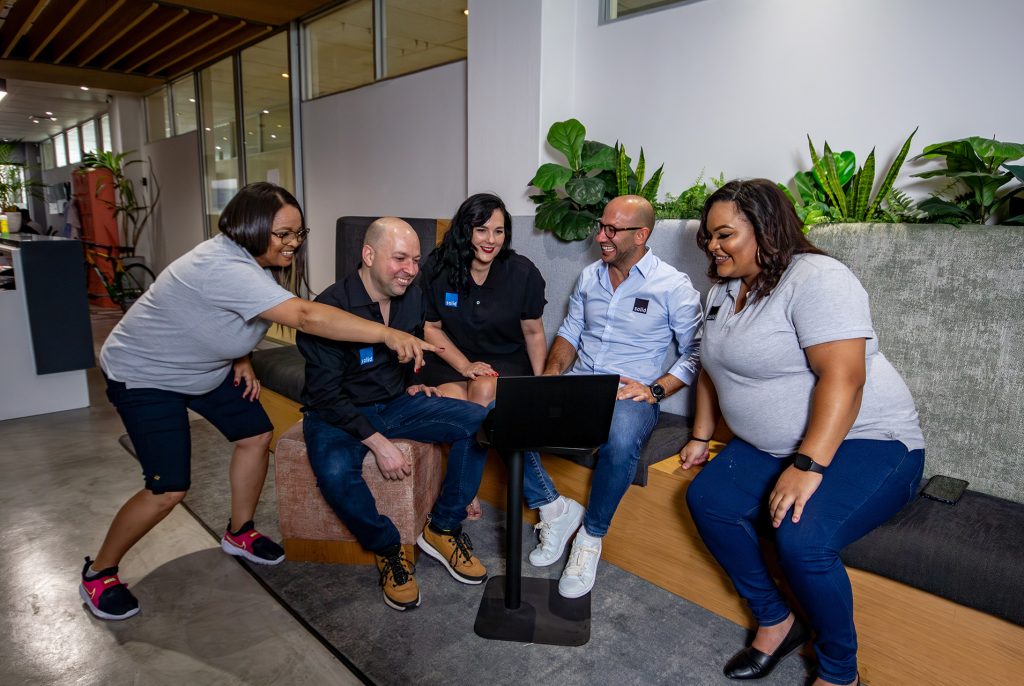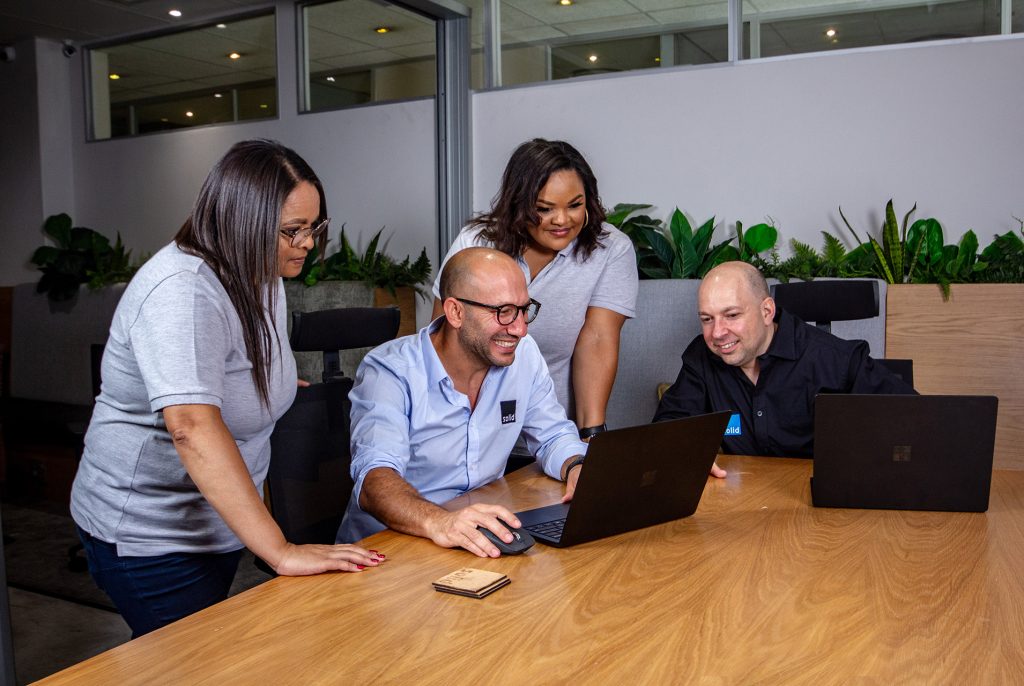
What Does We’re Human Not Robots Mean?
We live in a digital world. There can be no denying it. Everything that we do revolves around technology. All you need to do is look at the chaos that load shedding causes – the steps that we need to take to stay online so that business can continue uninterrupted – to understand this. And in countless ways, the advancements in technologies have benefitted both businesses and individuals. But there’s one important area where I think technologies have failed us. They have, in many ways, made us less human.
I’m talking about the way that we think about ourselves and about the people around us. I’m talking about the ways that we interact with our colleagues, our friends, our families, and our clients. I’m talking about the actions that we take and the thought processes behind them. Because, with everything being digital, with everything that we do is guided by technology, I feel that the very meaning of being human is becoming lost in translation.
The pace of the world seems like it’s in overdrive. We spend so much time in back-to-back virtual meetings and video calls. We’re jumping from one email to the next, to the next. I feel like I’ve been in fight-or-flight mode since the start of the global pandemic back in 2020, and technology helps me manage that and keep my business going, but at what cost? Tech has become such a part of our lives that when I actually meet someone face to face, in person, without a screen dividing us, it’s like a breath of fresh air. I’ll conduct business meetings in person and find that there’s no time to talk business because we just want to talk to each other for an hour straight, to connect with another human.
Communication is quicker and easier to accomplish than ever before. But are the things that we’re saying meaningful? It’s so easy to type up an email and send it to another person on the other side of the globe, and it will instantly reach their mailbox and see them taking action. But communication and connection have become separate concepts. It’s easy to get a message across, but ever more difficult to feel connected to the people who surround us and the people we engage with on a day-to-day basis.
We are constantly gathering bytes of data, and pieces of information, and they’re being analysed by the latest and greatest artificial intelligence. But what impact does that have on our own critical thinking? In the way that we process information? I go to a restaurant and have to take out my calculator to work out a tip because I’ve lost touch with the basics of working out percentages. I don’t need to know it – I have an app on my phone that can just do it for me, so why should I take the 10 seconds of brainpower to figure it out myself. We’re constantly using technology to make our lives easier, to make things quicker, to find the latest shortcuts, and be more efficient, not just in how we work, but how we live. We take actions, particularly when it comes to business decisions, based on what the data tells us is right, not on what our heart or our gut tells us, and usually not taking into consideration the impact that our actions will have on humans within our companies.
This is why over the almost 20 years that Solid Systems has been operating, we’ve come to realise that one of the most important things that we can do as a company isn’t just to provide technologies and implement solutions, but to do that in the most human way possible. Because we’re all humans, not robots.
A robot will perform a command without question, without hesitance. But will that solution be in the best interests of your business? Will it be the right course of action for the long term? As humans, we want to connect with each other. We want to understand each other’s needs, fears, and ambitions. And, as a business, we want to provide solutions that don’t just fix problems but speak to the way you work, your needs, your goals, and exceed your expectations.
This is what it means to me to be humans, not robots. I want to see our team members living their best possible lives, not just following orders or working unthinkingly. I want them to succeed in life, reach their own goals, and help our clients do that as well. We’re not always going to get it perfect the first time, but that’s part of being human too. We make mistakes. We fail, but we fail efficiently. We learn from our mistakes and become better because of them.
So, if you’re looking for an IT company or a managed IT services provider that will implement a service, no questions asked, that will take action without looking for a deeper cause, that will just do as you say without finding out more or asking why I genuinely don’t think that Solid Systems is the right fit for your business.
If, on the other hand, you want to work with a partner who at least tries their hardest to put your best interests first and foremost, who works with you to find the right solutions, even ones that you never thought you’d need, who plans for your future instead of putting immediate fixes in place… Then welcome to Solid Systems. We can’t wait to start working with you!
Popular Searches
- What is Social Engineering?
- Prevent Phishing in 6 Simple Steps
- Facts About Cyber Security
- What is MFA?
- Benefits of Endpoint Security
- Know Why IT Security is Important
- Lessons to learn from FB Outage 2021
- 9 Cloud Security Threats to Watch Out For
- What Is Network Security?
- Pros Of Disaster Recovery Plans





